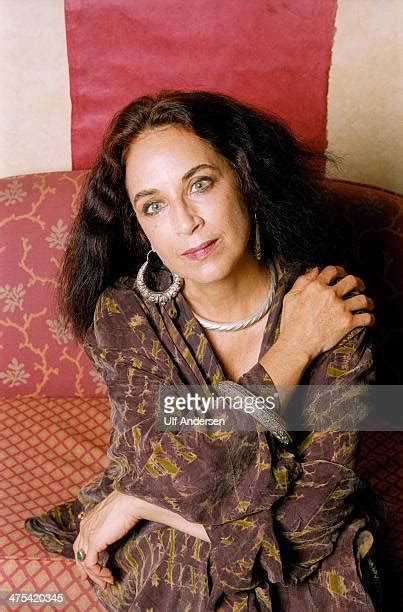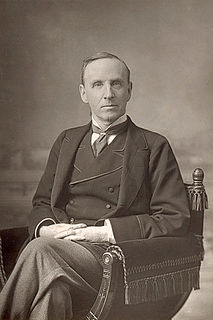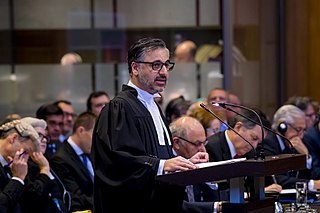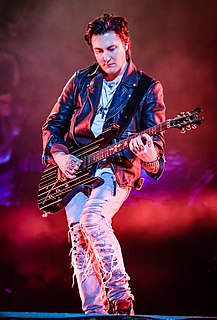A Quote by Maria Semple
In my high-minded and naive way, I believed the only books worth reading were the classics.
Related Quotes
I didn't care for most of the books I was being asked to read in school. I started reading like crazy right after high school when I got a job in a mental hospital. I was working my way through college, and I did a lot of night shifts, and there was nothing to do. So I read like crazy, serious stuff, all the classics.
By the time I got to college I had stopped reading books because I wanted to "be cool" and started reading books simply because I wanted to read them. I discovered heroes like Roth, King, Dahl, Shirley Jackson, Patricia Highsmith, TC Boyle, Douglas Adams, Neil Gaiman, David Sedaris. These people weren't trying to "rebel against the literary establishment." They were trying to write great, high-quality books that were as entertaining and moving as possible.
Any man will go considerably out of his way to pick up a silver dollar; but here are golden words, which the wisest men of antiquity have uttered, and whose worth the wise of every succeeding age have assured us of; and yet we learn to read only as far as Easy Reading, the primers and classbooks, and when we leave school, the Little Reading, and story books, which are for boys and beginners; and our reading, our conversation and thinking, are all on a very low level, worthy only of pygmies and manikins.
It is usual to speak in a playfully apologetic tone about one's adult enjoyment of what are called 'children's books.' I think the convention a silly one. No book is really worth reading at the age of ten which is not equally (and often far more) worth reading at the age of fifty-except, of course, books of information. The only imaginative works we ought to grow out of are those which it would have been better not to have read at all. A mature palate will probably not much care for crème de menthe: but it ought still to enjoy bread and butter and honey.
Close reading of tough-minded writing is still the best, cheapest, and quickest method known for learning to think for yourself... Reading, and rigorous discussion of that reading in a way that obliges you to formulate a position and support it against objections, is an operational definition of education... reading, analysis, and discussion is the way we develop reliable judgment, the principle way we come to penetrate covert movements behind the facade of public appearances.
In Yugoslavia we were told we were not only naive idealists in wanting war criminals to be prosecuted but that we were actually standing in the way of a ceasefire which would save more lives. The idea was that, by giving amnesty to these ruthless warmongers, you would give them an incentive to stop killing. I found that incredibly naive, never mind cynical. Having been on the ground and having met with these ruthless killers, I knew the only thing they understood was the language of force.
I'm very aware, but I'm very naïve. When you are really naïve and expecting safety and expecting the best, you don't feel you're taking risks. You can get smacked a little, but usually it works out pretty well. I would say that, as much as you can instill your open-minded naivety, if you're basically open minded, then you can do damn near anything.
Our singer, Matt, was reading Stephen Hawking and other physics-related books, and I was reading entrepreneurial books, and we all started discussing the new technologies that were taking over the world, from 3-D printing to space travel. These conversations starting leading us to think of how we could portray these things in a musical way.
There were many books in my parents' home. I'm from a family of five children and we were all readers. And so by the time I left home, I had already read many books, and I was very interested in reading more. That was when I started to have the desire to write. But it wasn't like a divine apparition with angels and seraphins on high. Not for me, at least.






































